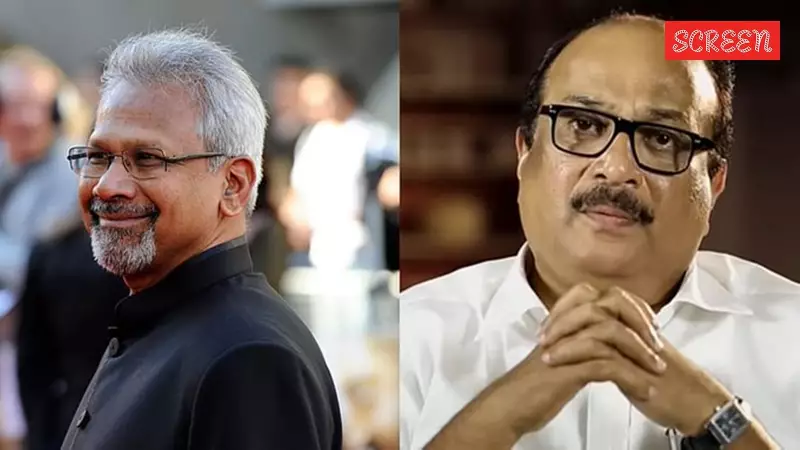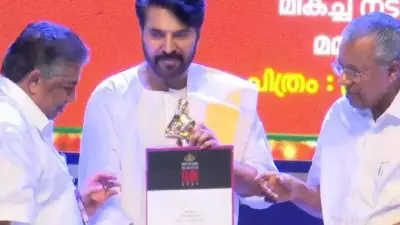
In a fascinating revelation that showcases the intricate dynamics of the Indian film industry, acclaimed director Mani Ratnam once executed what can only be described as the perfect professional payback against writer Dennis Joseph. The story unfolds during the making of the iconic 1990 film 'Anjali,' which would go on to become a landmark in Indian cinema.
The Abandonment That Sparked It All
During the crucial production phase of 'Anjali,' writer Dennis Joseph made a decision that would strain his professional relationship with Mani Ratnam. Joseph chose to walk away from the project to work on a film featuring Malayalam cinema giants Mammootty and Mohanlal. This move left Ratnam in a challenging position during an important stage of his film's development.
Mani Ratnam's Masterful Response
Rather than engaging in confrontations or public disputes, Mani Ratnam employed a more subtle and calculated approach to express his displeasure. When Dennis Joseph later approached Ratnam with a new project, the acclaimed director saw an opportunity to deliver his response in a manner that was both professional and pointed.
Ratnam agreed to work with Joseph again but with one significant condition that served as both a reminder and a lesson about professional commitments. This elegant form of retaliation demonstrated Ratnam's understanding of the industry's unwritten rules while maintaining his reputation as a dignified professional.
The Legacy of 'Anjali' and Beyond
Despite the behind-the-scenes drama, 'Anjali' emerged as a critical and commercial success, earning National Film Awards and cementing Mani Ratnam's position as one of India's most visionary directors. The film, featuring stellar performances from Raghuvaran and Revathi, tackled complex themes of family dynamics and childhood innocence with remarkable sensitivity.
This incident highlights several important aspects of the film industry:
- Professional Boundaries: The importance of honoring commitments in collaborative art forms
- Creative Relationships: How professional dynamics can influence future collaborations
- Industry Ethics: The unspoken rules that govern filmmaker relationships
- Artistic Consequences: How personal decisions can impact creative partnerships
A Lesson in Professional Grace
What makes this story particularly compelling is Ratnam's approach to the situation. Instead of public criticism or industry gossip, he chose a method that respected both parties' professional standing while clearly communicating his position. This incident has since become part of Bollywood folklore, serving as a case study in handling professional disagreements with dignity and strategic thinking.
The episode demonstrates that in the world of cinema, sometimes the most powerful messages are delivered not through words, but through carefully considered actions that speak volumes about professional values and artistic integrity.





